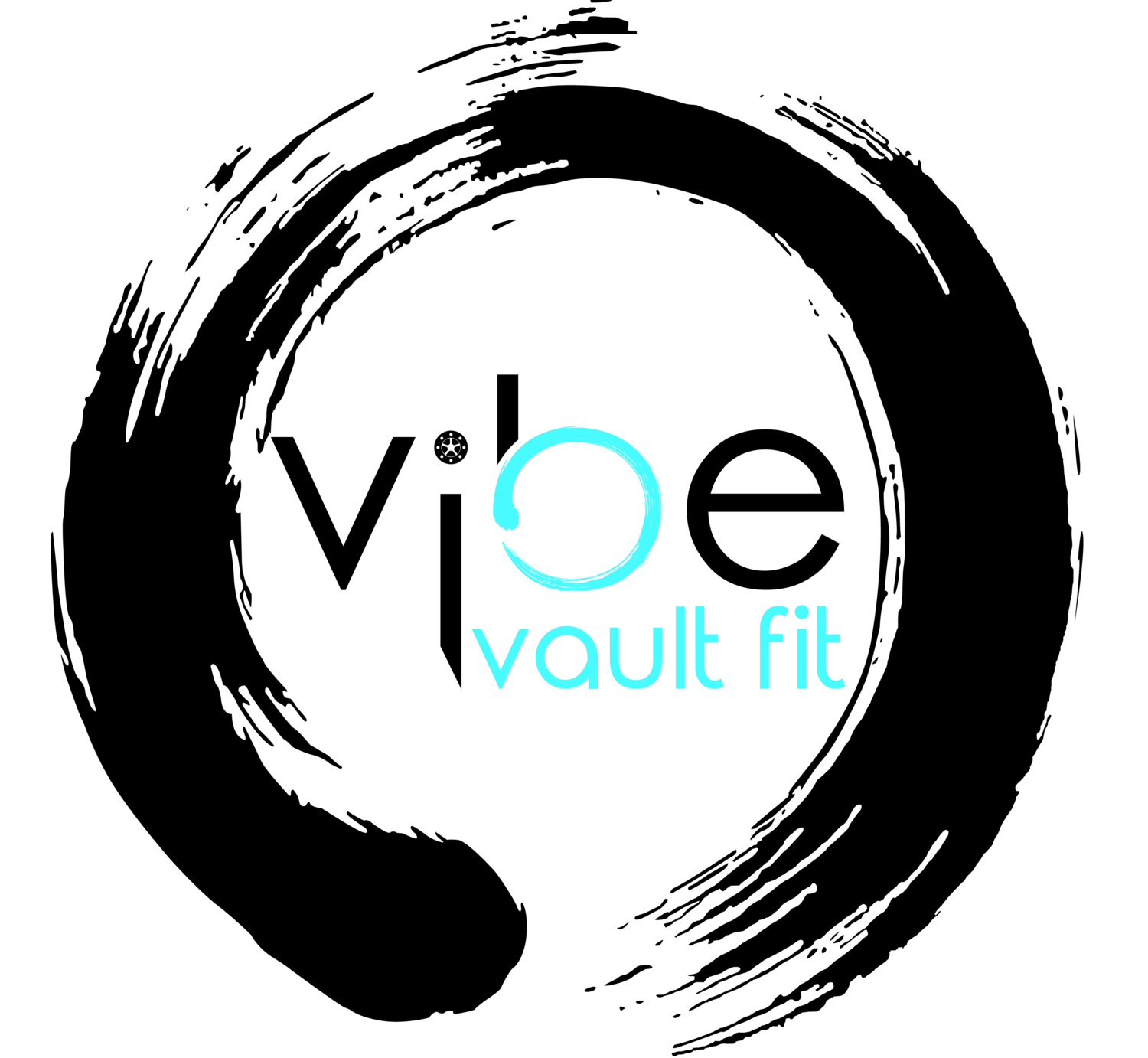How Are You…Really?
A Quote:
“A lot of living is…pretending to be fine.” Chimamanda Ngozi Adichie
A Poem:
Because we want others to be comfortable.
Because we don’t want to be judged for our not fineness.
Because we don’t want the advice that’s often just thrown out impulsively in an attempt to fix, and quickly make everything alright, the advice that ends up making you feel inadequate, not heard, and more separate than ever.
So, we say, “I’m fine! I’m good! Everything is great!”
Yet inside, you sometimes don’t know how to survive this way any longer.
Sometimes you don’t have the energy to pretend, you’re just so tired and want to give in to the not-fineness.
Sometimes you desperately want someone to know the truth, so you don’t feel so alone.
But you say to yourself, “One more moment, one more day - I can pretend just a little longer.”
So yes, “I’m fine. I’m good. Everything is great.”
…And that’s how we live to the end of our days.
A Blog:
I was struck by the words I heard spoken by Chimamanda Ngozi Adichie when she was asked in an interview, how she was doing a year after her parents had passed within nine months of each other.
And a poem poured out of me.
These last few weeks, I been reminded again and again that so many of us go about our day to day looking one way on the surface but feeling quite something else underneath.
Everything I have come across as I read about human flourishing talks about how critical connection and a sense of belonging are to our wellbeing, yet the way we function as a society today seems to cripple our ability to form true connections because, I believe, we live in a somewhat “anti-vulnerability culture.”
We cannot have connection without vulnerability. They are inextricably tied. According to Brene Brown, “Vulnerability is the birthplace of love, belonging, joy, courage, empathy, and creativity.”
Social media, with a pull to create an “everything-is-fine” perception of our lives, a filtered 2-D view, doesn’t help, but if we cannot answer the simple question of, “how are you?”, with an honest answer, I am not surprised so many feel alone.
Last year, the U.S. Surgeon General, Dr. Vivek Murthy called attention to the “Epidemic of Loneliness,” as being an “Underappreciated public health crisis that has harmed individual and societal health.” Of note, loneliness is linked to a 29% increased risk of heart disease, a 50% increased risk of dementia, reduced life-expectancy, as well as a two-fold increase in risk of depression. Murthy added, “Our relationships are a source of healing and well-being hiding in plain sight – one that can help us live healthier, more fulfilled, and more productive lives.”
However, I also get it; vulnerability can feel risky and can leave us feeling emotionally exposed. Additionally, if those we are with do not have the time in today’s ever-rushed existence, the capacity, nor comfort with handling the tough stuff of emotions, an expression of vulnerability can leave us feeling even more alone.
In the challenge, however, lies the solution.
As a culture, it feels as if we are no longer trained to deal with the discomfort of difficult emotions. Not only are we unprepared to sit with our own vulnerable emotions, but we don’t want to rock the boat with expressing vulnerability in our relationships with others; we don’t want to say anything to make other people feel uncomfortable. Consider how almost everyone apologizes for expressing any sadness; we are a culture that says “sorry” if we cry in front of others, prioritizing people’s comfort over another’s pain.
The solution then is to build our capacity to sit with our own and other people’s emotions. I know to many of us, this sounds like a drag, a burden, scary, and might be the last thing we want to do. It is also always advisable to pick and choose whom to open up to and share with. However, realize for each and everyone of us, at some point in our lives, we will be the one in need of an ear and a shoulder.
We seem to be at a point in human history where we have moved too far toward isolation and away from the social connection humanity needs in order to thrive. Ultimately, the promise of honest emotional expression is the deepening of connection and belonging.
I believe the only way to build greater comfort with vulnerable emotions is through; we need to have the courage to risk little by little and experience it, to grow the muscles to handle it.
It may not seem like changing how we respond to the greeting, “How are you?”, should make that much of a difference, but the way we start a conversation sets the tone which then affects what follows. Why not try asking a little more sincerely, and answering just a little bit more honestly, and see what happens?
It might just change the quality of your life.
REFERENCES:
https://www.psychologytoday.com/us/blog/in-it-together/201902/emotional-vulnerability-the-path-connection?amp

